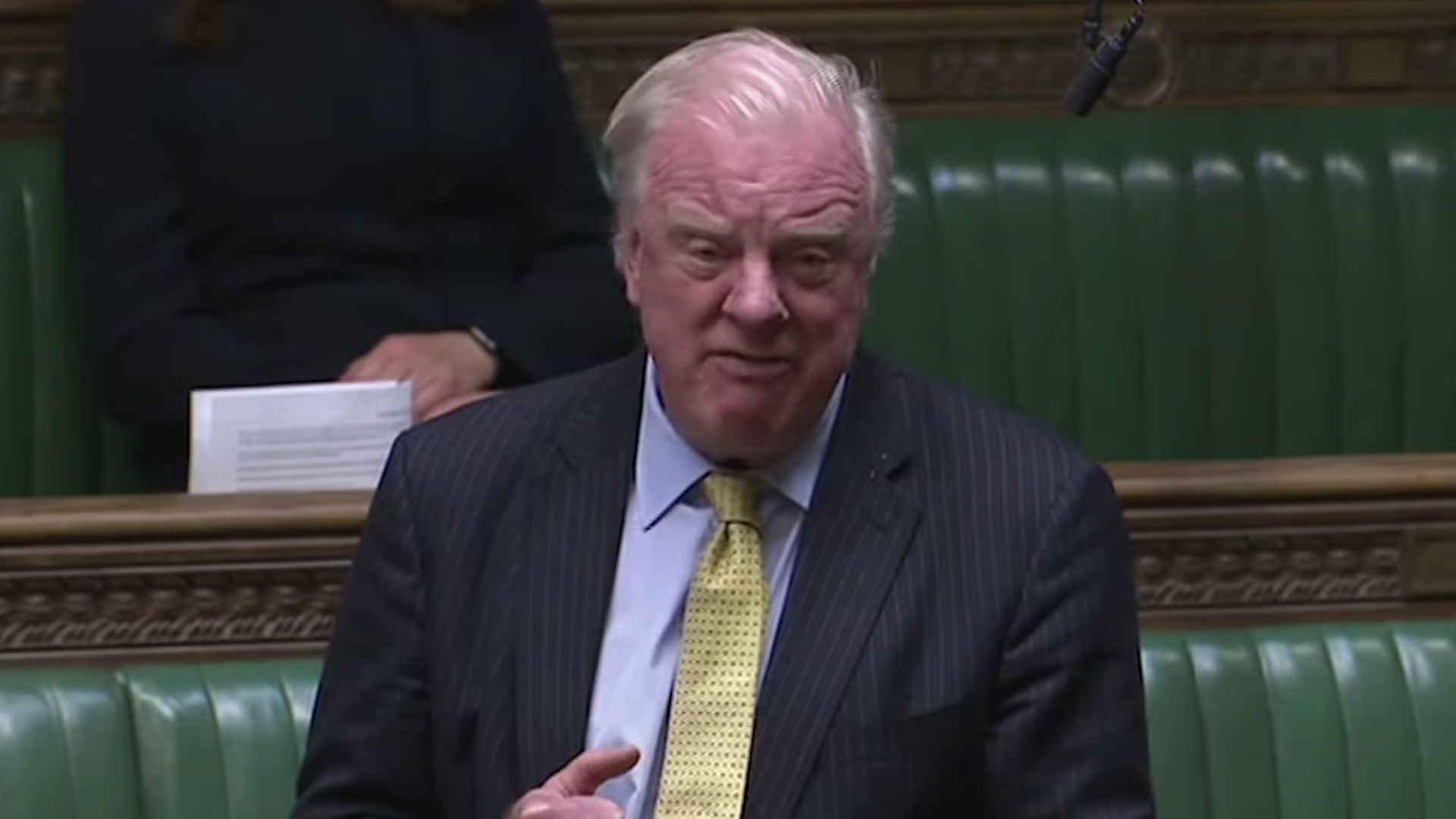There are over 3,000 empty properties in Lincolnshire. Most recent official government figures classify these as buildings uninhabited for six months or more.
I mention this figure because Sir Edward Leigh, MP for Gainsborough, said Lincolnshire had “done its bit” for immigration from eastern European resulting in “extreme pressure” on jobs and housing. Lincolnshire, according to Sir Edward Leigh’s reading of the situation, was a bit too full for Ukrainian refugees in fear for their lives. Sir Edward, smarting on behalf of Lincolnshire people, made this statement on the day he and other MPs got a pay-rise of over £2,000.
Of course, it’s a reductive argument to say that these 3,000 empty properties can be found and then opened for people suddenly in the teeth of death. Reductive sweeping arguments rarely reveal what they need to. But then it’s no more reductive, and it’s much less dangerous and corrosive, than ugly rhetoric from somebody with Leigh’s parliamentary experience and heft. He says he speaks for the people of Lincoln. He has a constituency majority of over 22,000 so I suppose he believes he does. They quickly reacted. The local paper in Grimsby carried anger from residents. The consensus was, as typified by engineer Joe, “Lincolnshire welcomes Ukrainians with open arms.”
The idea that ‘we’re full’, whether in Lincoln or beyond, must be abandoned for good. Britain may face problems, and those problems are about to be exacerbated by a spiralling cost of living crisis – and incidentally a government that has been in power, in one aspect or another, for coming up on 12 years needs to accept a big dose of responsibility for how we live now. But the idea that we can’t accept anybody else, or that we need to make it as difficult and uncomfortable as possible for those people who lived like the rest of us a week ago, but who have had to abandon all they hold dear so they can avoid death, is a shameful position to take.
Too full? How many refugees did the UK grant asylum or other humanitarian protection to last year? 12,080. The majority of them were fleeing Syria and Iran, then a number of other nations.
And we should also knock on the head the idea, as also implied by Sir Edward Leigh, that people are flocking here because this is a paragon nation and, as he said, the country of choice for mass immigration. None of this stacks up. People seeking refugee status in Britain are fleeing — in a huge majority — terrible conflict. The figures for refugee status over the last 30 years provide a geopolitical snapshot of turmoil. Somalians post 1991. Bosnians post Balkan conflict. Afghanis after 2001. Before 2011 virtually nobody from Syria sought asylum in the UK. Over the next decade 31,000 people were granted asylum. This makes it clear that people aren’t looking for a soft-touch. They are looking for safety. And interviews with Syrians over the years have made it clear they also want to go back. Likewise, you would imagine, will the great majority of the Ukrainians currently seeking help will want to return to the homes and lives they have been hunted from.









